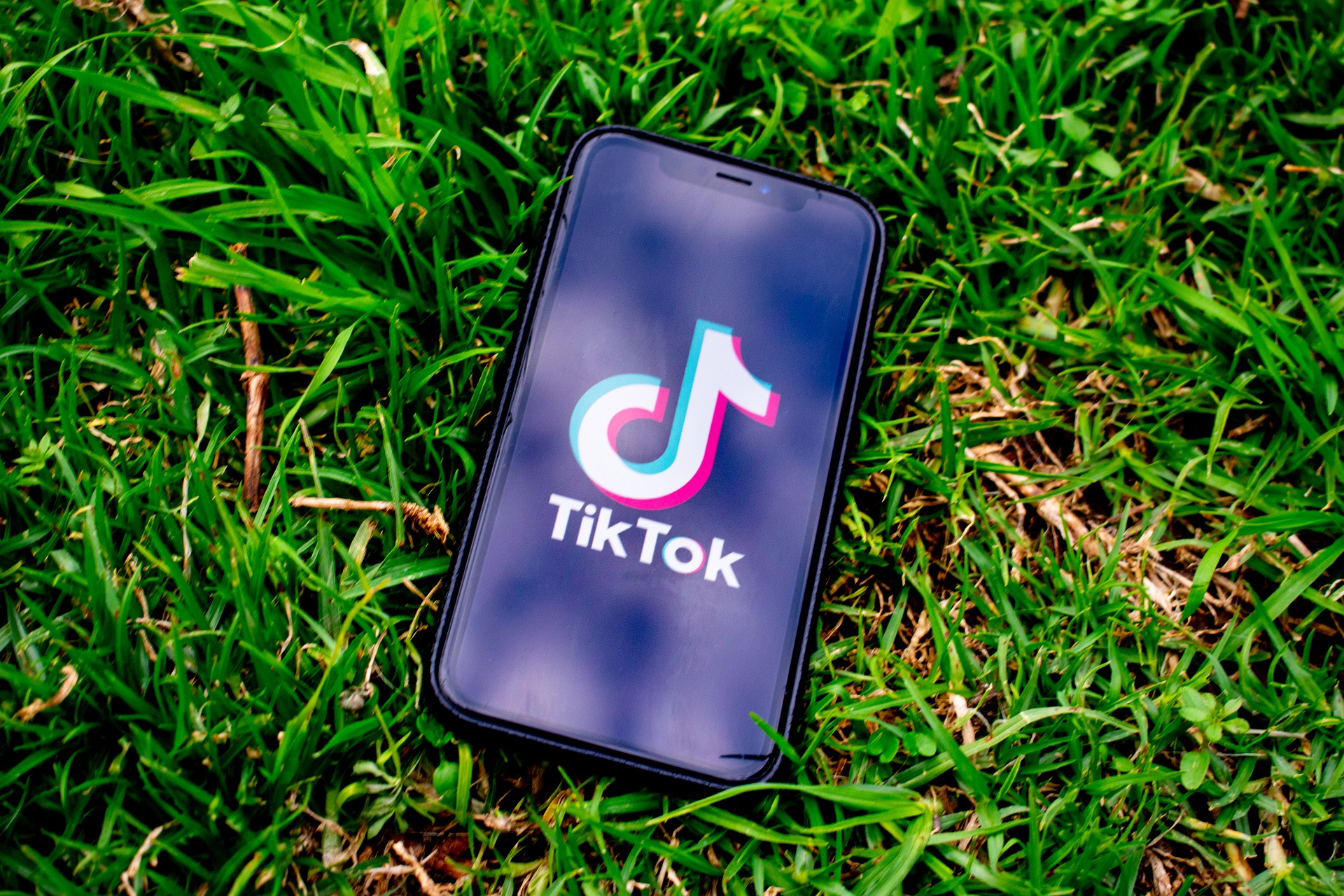Last updated on November 24, 2020
I’m no stranger to social media (I’ve written a few books about it). However, my teenaged son has been thoroughly uninterested in it, much to my relief. I’ve never really had to police posts or tweets, or worry overly much about cyberbullying, since he’s non-existent on any social platform. So, imagine my surprise to find that he’d suddenly installed TikTok.
He and his friends have been using TikTok, albeit almost entirely as content consumers, not producers. Where even Instagram failed to capture their attention, TikTok has. And to say that TikTok is controversial right now might be a serious understatement. The U.S. president has banned it and another Chinese app, WeChat. Both platforms are used by millions and their disappearance won’t be taken lightly.
- TikTok lawsuit against Trump administration could come as early as Tuesday [The Verge] ” “We have made clear that TikTok has never shared user data with the Chinese government, nor censored content at its request,” the blog posts states. “This Executive Order risks undermining global businesses’ trust in the United States’ commitment to the rule of law, which has served as a magnet for investment and spurred decades of American economic growth. And it sets a dangerous precedent for the concept of free expression and open markets.””
- Trump’s WeChat Ban May Alienate His Chinese Supporters [Wired] “WeChat, on the other hand, is mainly favored in the US by most of the country’s more than 3 million Chinese immigrants of all ages, both to communicate with other Chinese in the country and with people back home in China, where it is ubiquitous and has most of its billion-strong user base. In China, WeChat is about as powerful as Twitter, WhatsApp, and Facebook are combined in the US.”
- VPN booms as countries around the world mull TikTok bans [TechCrunch] “The use of VPNs can let users access an online service from an encrypted tunnel and thus bypass app blocks. “We are seeing an increasing number of governments around the world attempting to control the information their citizens can access,” observes Harold Li, vice president of ExpressVPN, which claims to have over 3,000 servers across 94 countries. “For this reason, VPNs are used to access blocked sites and services by many worldwide.””
- Trump’s Executive Orders Hurt More Than TikTok and WeChat [Wired] “While vaguely worded, the orders could have far-reaching consequences, including for the future of America’s relatively free and open internet. WeChat, owned by China’s Tencent, is used by millions of people in the US to maintain personal and business relationships with people in China. Many American technology firms also have customers in the country, and could be hurt by any response from Beijing. “
From the Ohio Web Library:
- What Makes These Librarians TikTok? (Jensen, K. (2020). What Makes These Librarians TikTok? School Library Journal, 66(8), 32–34.)
- TikTok Movement (SINGH, A. (2020). Tiktok Movement. Nightline (ABC), 1.)
- TikTok is facing a global backlash over security concerns. Should we be worried about it here? (TikTok is facing a global backlash over security concerns. Should we be worried about it here? (n.d.). ABC Premium News.)


